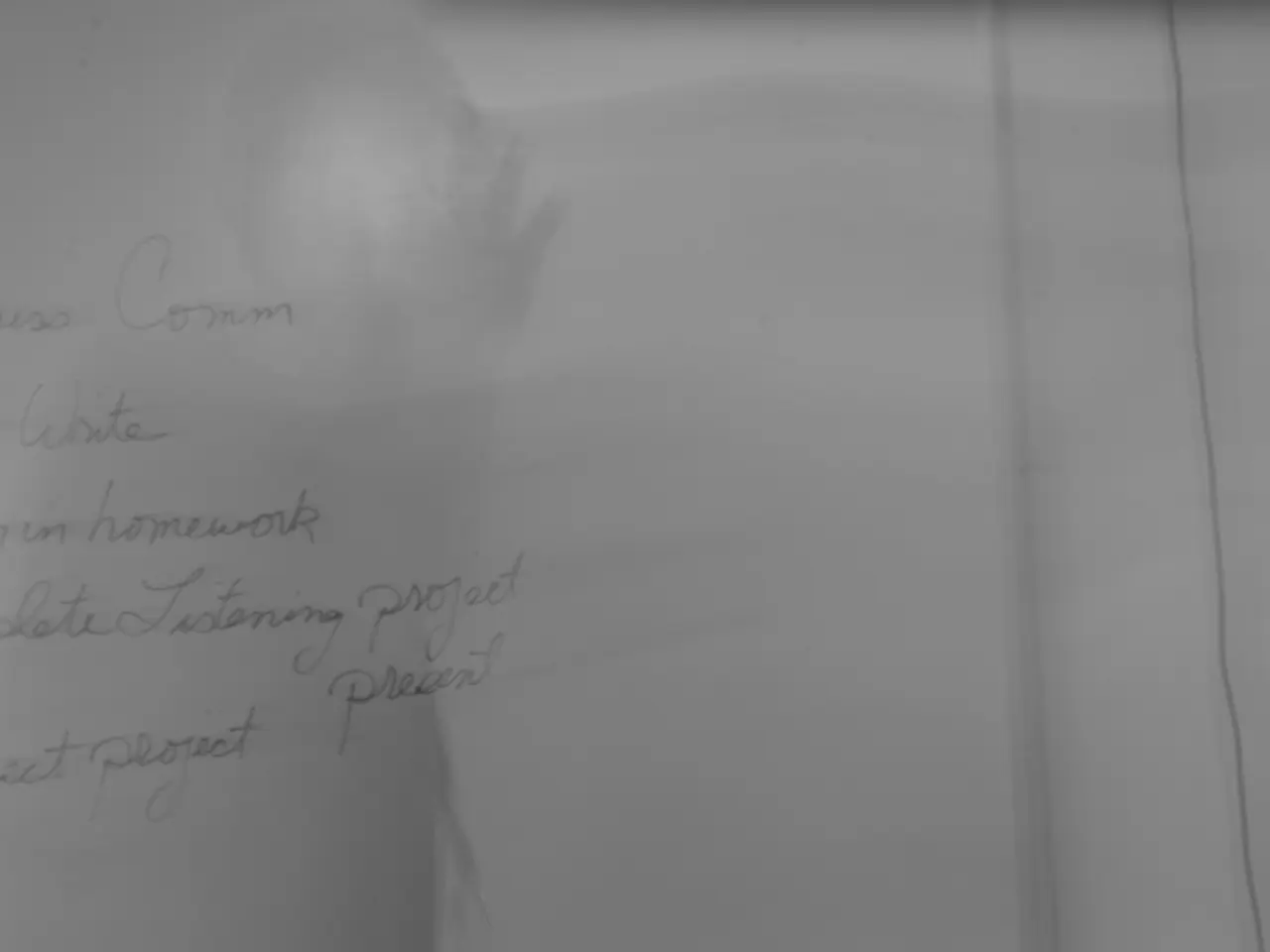Controller Delaying Process of Retrieving Missing Funds for New York Residents
New York, along with several other states, is home to an estimated $20 billion in unclaimed funds. These funds, which range from unredeemed gift cards to decades-old accounts, can be difficult to return due to a lack of recipient names or Social Security numbers. However, states with proactive unclaimed funds distribution systems have implemented measures to prevent fraud and ensure the funds reach their rightful owners.
In New York, Comptroller Tom DiNapoli has the authority to proactively mail out checks from the $20 billion pot of unclaimed money. DiNapoli's office is evaluating a new, improved system for retrieving information about property owners, which will play into DiNapoli's final decisions about how aggressively to use his new discretion to automatically mail checks.
To prevent fraud, DiNapoli's office, like many states, employs a range of technological and procedural controls. These include automated reporting and detailed documentation, multi-factor authentication and biometric verification, real-time transaction monitoring, encryption of all data transmissions, authorization workflows, use of external fraud intelligence networks and identity verification APIs, and secure payment methods like direct deposit and certified checks.
These measures create a robust fraud prevention environment, ensuring unclaimed funds reach legitimate owners while minimizing fraudulent claims. In states like Illinois, North Carolina, West Virginia, Connecticut, Rhode Island, and Louisiana that proactively send checks up to certain amounts, there have not been reports of significant fraud.
However, DiNapoli's plan to "slow roll" automatic returns has drawn criticism from his Democratic primary challenger, Drew Warshaw, who has made returning unclaimed funds as soon as "humanly possible" a focus of his campaign. Warshaw argues that the best way to prevent fraud is to automatically return money when possible.
In Utah, the state treasurer's office is working on legislation to give it access to email addresses on tax returns, enabling faster and more reliable outreach and potential electronic payments. This could help reduce the issue of returned mail that led Utah to pause its automatic returns program.
Despite the challenges, DiNapoli's office remains committed to returning unclaimed funds to their rightful owners. New York currently allows anyone to see online who's owed unclaimed funds, but many don't know they're owed money in the first place. DiNapoli's office supports any efforts or legislation that would help return money to its rightful owners.
In a 2025 test run, DiNapoli's office is only automatically sending out checks to people who have recently lost money, and only in amounts up to $250. As the process is refined and fraud prevention measures are further strengthened, it is hoped that more and more unclaimed funds will be returned to their rightful owners.
References:
- Unclaimed Property Fraud Prevention: Best Practices and Recommendations
- Identity Verification APIs: A Comprehensive Guide
- Fraud Prevention for Unclaimed Property Programs
- Multi-Factor Authentication: A Guide for Small Businesses
- Governor DiNapoli of New York plans to proactively mail checks from the unclaimed funds in the amount of $20 billion, following a new system for retrieving property owner information.
- DiNapoli's office implements various measures to prevent fraud, such as using technological controls like encryption, multi-factor authentication, real-time monitoring, and fraud intelligence networks.
- The Democratic primary challenger, Drew Warshaw, criticizes DiNapoli's plan to "slow roll" automatic returns, advocating for returning unclaimed funds as soon as possible to minimize fraud.
- In the future, efforts like Utah's legislation to gain access to email addresses on tax returns may help reduce issues with returned mail and facilitate faster, electronic payments.
- DiNapoli's office remains dedicated to returning unclaimed funds to their rightful owners, supporting legislation that would help increase public awareness and facilitate the return of funds to eligible individuals.




